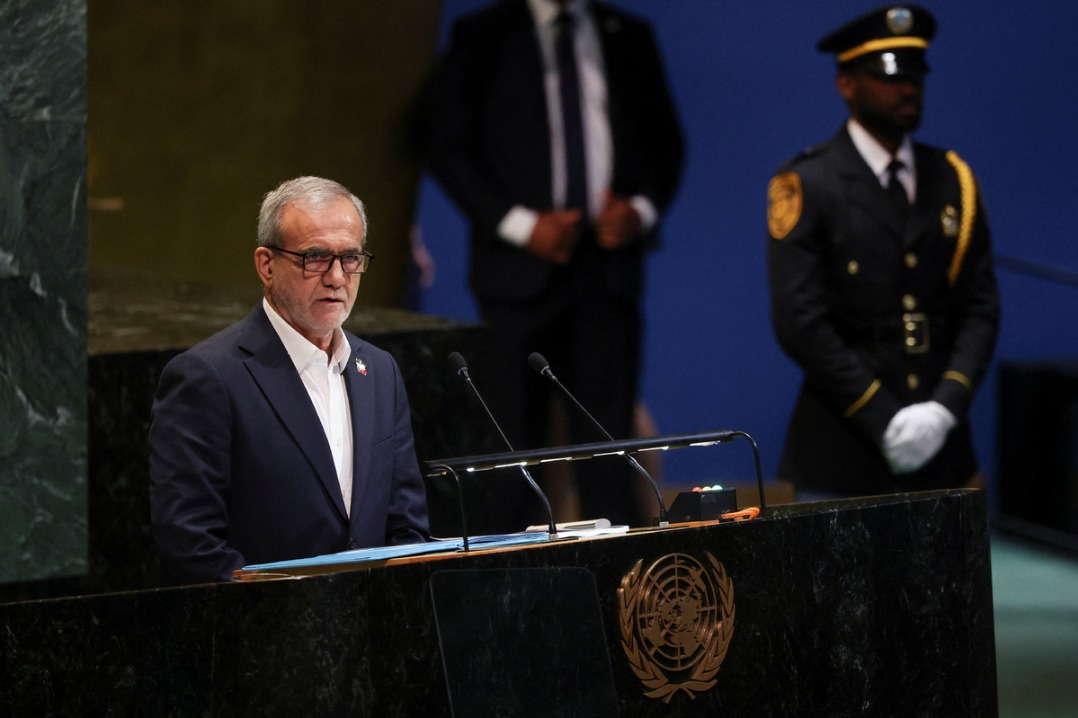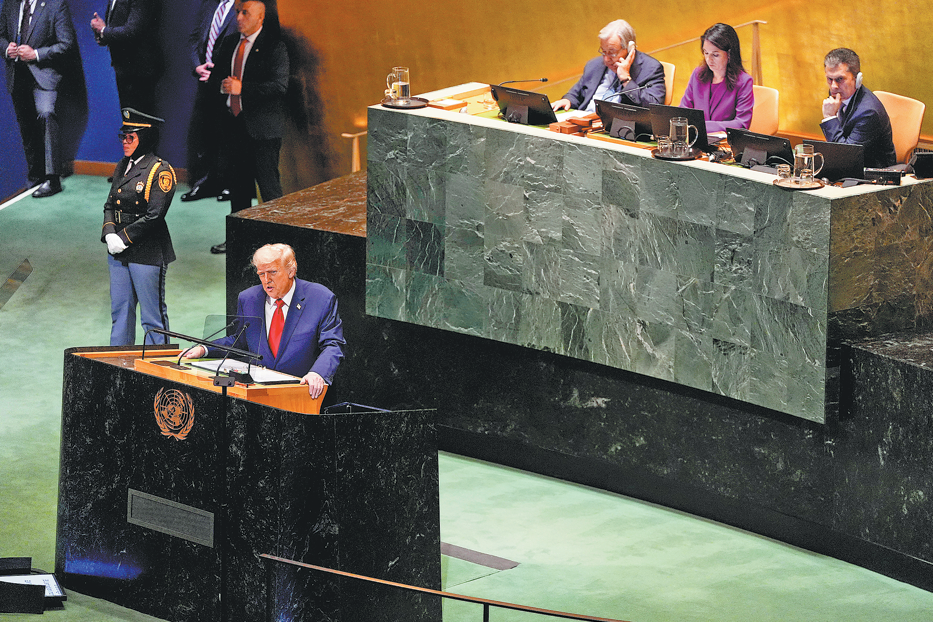African nations warned of rising AI-powered cyberattacks on hotels

African countries have been urged to prepare for a rise in artificial intelligence-powered cyberattacks targeting hotels, as cybersecurity firm Kaspersky reports a surge in such incidents worldwide.
In a statement released on Tuesday, Kaspersky highlighted that several African nations – including South Africa and Kenya, which are major tourist destinations, and Nigeria, a leading hub for business travel – attract large numbers of visitors, emphasizing that no country or hotel is immune to such attacks.
According to the firm, attackers send phishing emails directly to hotel staff, disguised as requests for reservation or job applications. Once a hotel employee interacts with these emails, malware called VenomRAT is installed on the hotel's systems, giving attackers access to sensitive guests' information, including payment data. The emails often appear to come from legitimate websites, making them difficult to detect.
"Сyber criminals are increasingly using AI to create new tools and make their attacks more effective. This means that even familiar schemes, like phishing emails, are becoming harder to spot for a common user," Lisandro Ubiedo, expert at Kaspersky's Global Research and Analysis Team said.
"For hotel guests, this translates to higher risks of card and personal data theft, even when you trust well-known hotels."
Kaspersky noted that while hotels in Brazil have been the main targets so far, similar cyber incidents have been reported in other parts of the world.
A report published by Interpol in June found that Cybercrime now accounts for more than 30 percent of all reported crime in Western and Eastern Africa.
Online scams, particularly phishing, were the most frequently reported cybercrimes, with ransomware, business email compromise, and digital sextortion also widespread.
Jalel Chelba, acting executive director of the African Union Mechanism for Police Cooperation, stressed that cybersecurity is not merely a technical issue but a fundamental pillar of stability, peace, and sustainable development in Africa.
"It directly concerns the digital sovereignty of states, the resilience of our institutions, citizen trust and the proper functioning of our economies," he said.
Kaspersky urged hotels to handle links and attachments with caution, fine-tune their antispam settings, and avoid opening files from unknown senders.
































